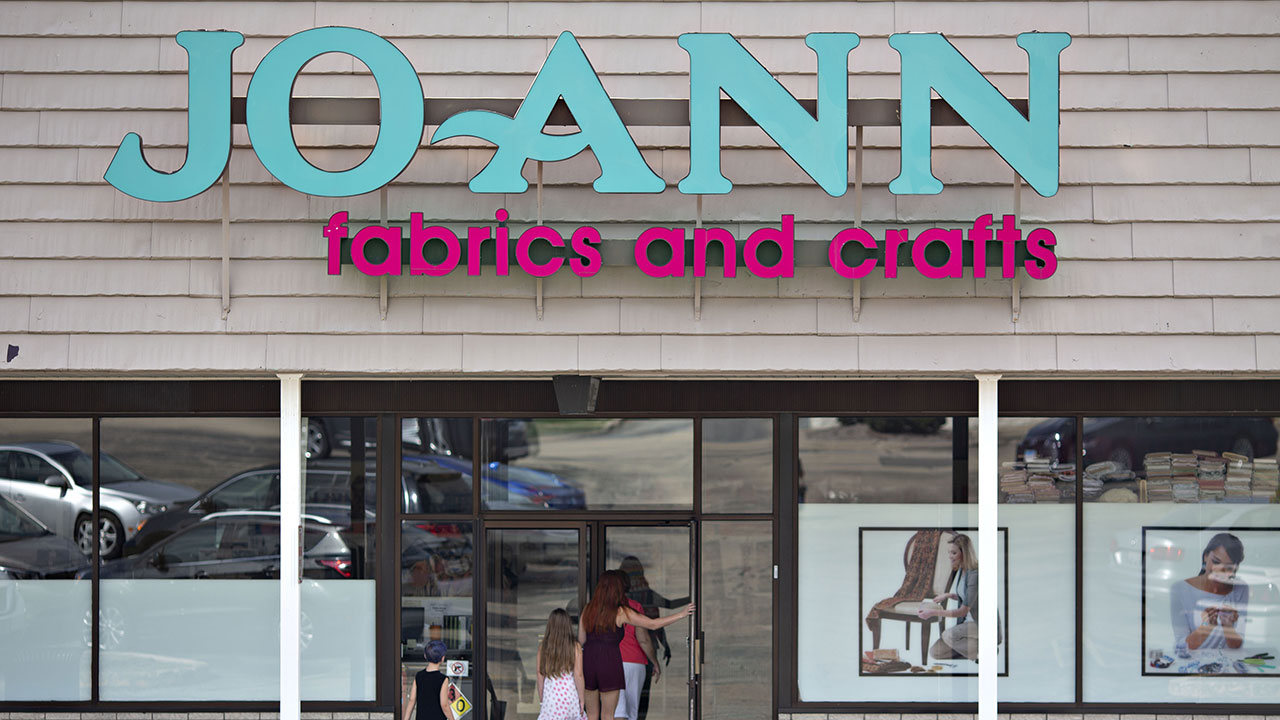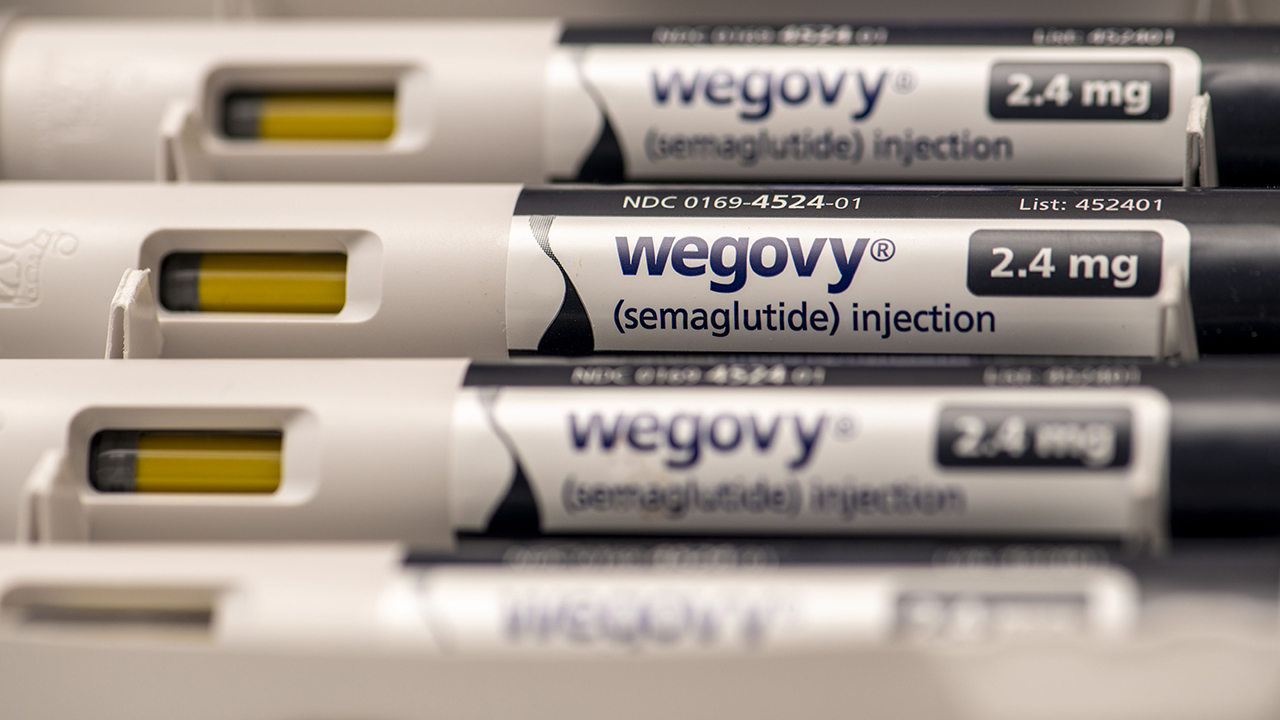Bitcoin DeFi sees surge in mining participation despite drop in TVL
Smart contract platform Rootstock, the home of decentralized finance (DeFi) on Bitcoin, saw a sharp increase in network security and mining engagement in the first quarter of 2025, even as activity cooled.Merged mining participation surged to an all-time high of 81%, up from 56.4% in Q4 2024, driven by the integration of major mining pools Foundry and SpiderPool, according to Messari’s first “State of Rootstock” report for 2025, shared with Cointelegraph.The heightened miner interest boosted Rootstock’s hash power to over 740 exahashes per second, surpassing the total Bitcoin network hashrate recorded in October 2024. As a result, the network is now considered to be in a “mature phase” of merged mining growth.The increased security coincided with a 60% reduction in transaction fees, improving user experience and positioning Rootstock more competitively within the Bitcoin layer-2 ecosystem.“As BTCFi continues to grow, Rootstock is well-positioned for broader adoption through core upgrades like a 60% reduction in transaction fees, alongside sustained investment in builder education and incentive programs,” Messari analyst Andrew Yang said.Rootstock overview for Q1 2025. Source: MessariRelated: Is this the end of Bitcoin DeFi?Rootstock’s DeFi TVL dropsDespite the mining milestone, Rootstock’s DeFi ecosystem experienced a decline in total value locked (TVL) during Q1 2025, with Bitcoin (BTC)-denominated TVL dropping 7.2% and US dollar-denominated TVL falling by 20% quarter-over-quarter to $179.9 million.Although TVL briefly peaked at $244.6 million in January during a Bitcoin price rally, it trended downward from March, reflecting broader market cooling.For perspective, Ethereum-based DeFi TVL also saw a sharp 27% decline in Q1, hit hard by macro uncertainty and the $1.4 billion Bybit exploit, according to a report by DappRadar.The stablecoin market on Rootstock also underwent notable changes. USDt (USDT) remained the leading stablecoin by value, holding $3.8 million and a 27.5% market share. However, its dominance fell significantly from 41.3% in Q4 2024.By the end of Q1, no single stablecoin commanded over 30% of Rootstock’s stablecoin market.Active addresses dropped by 26.5%, and new addresses plunged by 54.7%, although daily transactions rose slightly by 4.3%, reaching an average of 11,524 per day.Active addresses drop on Rootstock. Source: MessariRelated: Bitcoin yield demand booming as institutions seek liquidity — Solv CEORootstock sees progress on development frontOn the development front, the platform activated its Lovell 7.0.0 upgrade, enhancing Ethereum Virtual Machine (EVM) compatibility and smart contract performance.Rootstock also expanded its ecosystem through integrations with LayerZero and Meson Finance and launched developer-focused initiatives, including a new hackathon and enhancements to its governance platform, RootstockCollective.On May 1, Alexei Zamyatin, the co-founder of the Bitcoin layer 2 Build on Bitcoin, said that the first DeFi company to launch a user-friendly suite of products on Bitcoin would “win the entire market” of the blockchain’s 300 million users.Magazine: ZK-proofs unlock trillions in Bitcoin for DeFi — BitcoinOS and Starknet



Smart contract platform Rootstock, the home of decentralized finance (DeFi) on Bitcoin, saw a sharp increase in network security and mining engagement in the first quarter of 2025, even as activity cooled.
Merged mining participation surged to an all-time high of 81%, up from 56.4% in Q4 2024, driven by the integration of major mining pools Foundry and SpiderPool, according to Messari’s first “State of Rootstock” report for 2025, shared with Cointelegraph.
The heightened miner interest boosted Rootstock’s hash power to over 740 exahashes per second, surpassing the total Bitcoin network hashrate recorded in October 2024. As a result, the network is now considered to be in a “mature phase” of merged mining growth.
The increased security coincided with a 60% reduction in transaction fees, improving user experience and positioning Rootstock more competitively within the Bitcoin layer-2 ecosystem.
“As BTCFi continues to grow, Rootstock is well-positioned for broader adoption through core upgrades like a 60% reduction in transaction fees, alongside sustained investment in builder education and incentive programs,” Messari analyst Andrew Yang said.
Related: Is this the end of Bitcoin DeFi?
Rootstock’s DeFi TVL drops
Despite the mining milestone, Rootstock’s DeFi ecosystem experienced a decline in total value locked (TVL) during Q1 2025, with Bitcoin (BTC)-denominated TVL dropping 7.2% and US dollar-denominated TVL falling by 20% quarter-over-quarter to $179.9 million.
Although TVL briefly peaked at $244.6 million in January during a Bitcoin price rally, it trended downward from March, reflecting broader market cooling.
For perspective, Ethereum-based DeFi TVL also saw a sharp 27% decline in Q1, hit hard by macro uncertainty and the $1.4 billion Bybit exploit, according to a report by DappRadar.
The stablecoin market on Rootstock also underwent notable changes. USDt (USDT) remained the leading stablecoin by value, holding $3.8 million and a 27.5% market share. However, its dominance fell significantly from 41.3% in Q4 2024.
By the end of Q1, no single stablecoin commanded over 30% of Rootstock’s stablecoin market.
Active addresses dropped by 26.5%, and new addresses plunged by 54.7%, although daily transactions rose slightly by 4.3%, reaching an average of 11,524 per day.
Related: Bitcoin yield demand booming as institutions seek liquidity — Solv CEO
Rootstock sees progress on development front
On the development front, the platform activated its Lovell 7.0.0 upgrade, enhancing Ethereum Virtual Machine (EVM) compatibility and smart contract performance.
Rootstock also expanded its ecosystem through integrations with LayerZero and Meson Finance and launched developer-focused initiatives, including a new hackathon and enhancements to its governance platform, RootstockCollective.
On May 1, Alexei Zamyatin, the co-founder of the Bitcoin layer 2 Build on Bitcoin, said that the first DeFi company to launch a user-friendly suite of products on Bitcoin would “win the entire market” of the blockchain’s 300 million users.
Magazine: ZK-proofs unlock trillions in Bitcoin for DeFi — BitcoinOS and Starknet
What's Your Reaction?






















































































